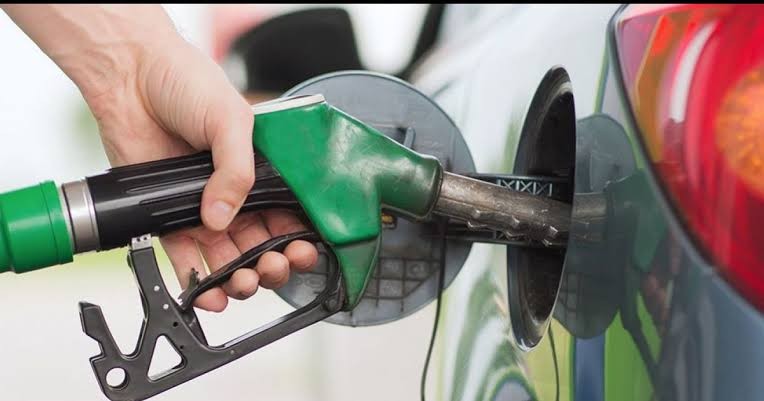In this comprehensive article, we will delve into the importance of servicing your car at recommended intervals, decipher the meaning behind the "time for service" message in your vehicle, identify factors that significantly waste petrol, and provide intelligent solutions to reduce fuel consumption.
As an automotive engineering expert, I emphasize the crucial role of regular car servicing and maintenance in maximizing your vehicle's performance, improving fuel economy, and ensuring its safety. By incorporating these insightful tips, you can enhance your car's fuel efficiency, minimize fuel wastage, and sidestep costly repairs.
1. The Value of Regular Car Servicing:
- Consistently servicing your car is key to preserving its optimal performance, reliability, and longevity.
- Routine maintenance helps in identifying potential issues early on, preventing them from snowballing into major problems that could drain your wallet.
- By ensuring all components, including the engine, brakes, suspension, and electrical systems, are in top-notch condition, regular servicing enhances the overall safety and dependability of your vehicle.
- It also safeguards your manufacturer's warranty, as many warranties necessitate adhering to scheduled servicing.
- Regular servicing can optimize fuel efficiency by fine-tuning engine performance and mitigating unnecessary friction.
2. Decoding "Time for Service" Alerts:
- When your car displays a "time for service" message, it signifies that a specific mileage or interval has been reached, necessitating maintenance.
- Although the message might vary based on your car's make and model, it generally indicates that routine servicing, such as an oil change or inspection, is due.
- Complying with the manufacturer's recommended service intervals is crucial to keep your vehicle in prime condition and prevent potential issues down the road.
3. Identifying Fuel-Wasting Culprits:
- Aggressive driving habits, such as abrupt acceleration, excessive speeding, and harsh braking, considerably squander fuel resources.
- Prolonged idling, particularly in traffic congestion or during lengthy waits, needlessly depletes your fuel reserves.
- Neglecting vehicle maintenance, including clogged air filters, underinflated tires, and malfunctioning components, contributes to heightened fuel consumption.
4. Intelligent Approaches to Avoid Fuel Waste and Reduce Consumption:
- Embrace smooth driving techniques by gradually accelerating and decelerating, maintaining a steady speed, and anticipating traffic flow.
- Minimize unnecessary idling by switching off the engine when parked for extended periods.
- Keep your tires properly inflated to the recommended pressure, reducing rolling resistance and optimizing fuel efficiency.
- Shed excess weight from your vehicle, such as unnecessary items in the trunk, as additional load increases fuel consumption.
- Employ your air conditioning prudently, as prolonged usage can impact fuel economy.
- Strategize your routes meticulously to minimize mileage and circumvent traffic bottlenecks whenever possible.
5. Measures to Curtail Fuel Consumption:
- Adhere to regular car servicing, including oil changes, filter replacements, and engine tune-ups, as prescribed by the manufacturer.
- Utilize high-quality motor oil with the appropriate viscosity to reduce friction and enhance engine efficiency.
- Maintain a clean air filter to ensure unobstructed airflow to the engine, avoiding fuel inefficiency.
- Optimize your vehicle's aerodynamics by removing rooftop carriers or attachments when not in use.
- Consider adopting fuel-efficient technologies, such as hybrid or electric vehicles, for improved fuel economy.
Conclusion:
By comprehending the significance of regular car servicing, heeding "time for service" alerts, and implementing smart fuel consumption strategies, you can unlock improved fuel economy, minimize fuel wastage, prolong your vehicle's lifespan, and relish smooth and safe drives. These insightful tips not only help you save money but also contribute to a gre

Comments (0)
Please login to join the discussion
Be the first to comment on this article!
Share your thoughts and start the discussion